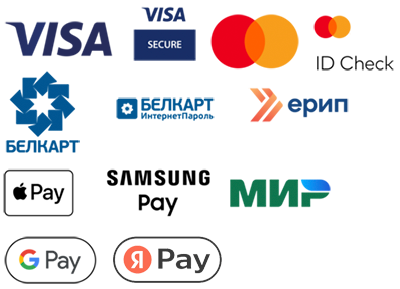One often hears about a broker in stock trading. And sometimes there are some questions if you want to figure out what is the difference between the broker and the exchange itself. It would seem why some broker, when 2 participants are enough: the one who directly trades their assets (individuals or legal entities) and the platform (exchange) where this happens (offsets on the transaction).
In order to understand how an exchange differs from a broker and why the latter is needed at all to carry out trading transactions, it is necessary to initially understand that exchanges are different - stock, currency, crypto exchange and universal. Each exchange has its own trading instruments - securities, derivatives (derivative financial instruments - futures, options, forwards, etc.), currency, cryptocurrency.
Depending on the type of exchange, the need for a broker to participate in purchase and sale transactions is determined.
By itself the exchange is nothing more than a certain place (program) where it is possible to bring the buyer and seller of certain assets and technically make a deal between them purchase and sale on mutually agreed terms.
Stock Exchange
Simply put, the broker is the one who facilitates the transaction (oversees it - from opening to closing) if you trade stocks, and the exchange is the institution (trading platform) through which the broker carries out this transaction. Here the transaction is performed directly by the broker (on your behalf) on the exchange.
This statement is more typical for the stock market, where securities are traded.
In fact, brokers publish applications on the exchange on your behalf, and as they are implemented (purchase and sale) in the settlement depository, at the direction of the exchange, the records of the owners of securities simply change.

In general, the right to carry out professional and exchange activities on securities requires a special permit or license from authorized agencies (Ministry of Finance, Central Bank). When trading in securities, the National Clearing Center and the National Settlement Depository are still involved in the transaction.
It follows from this that trading on stock exchanges can only be carried out through a broker (a professional market participant – intermediary) with special knowledge in this field.
All stock markets in the world are linked to national stock exchanges (Moscow, New York Stock Exchange, etc.).
To ensure that trading takes place between buyers and sellers located in different geographical regions, brokers create online platforms called trading terminals.

Buyers and sellers cannot trade directly on the currency and stock exchange and, therefore, must register with a broker.
In order to cover every corner of the country, brokers appoint intermediaries, which are called sub-brokers, franchisees and authorized persons.
Currency Exchange
For trading on the international currency market Forex (short for Foreign Exchange), trading mainly takes place not through brokers (as many people think), but through dealing centers. The main participants of this Forex are the central banks of different countries, as well as the largest banks in the world. That is, in fact, it is an ordinary interbank foreign exchange market on an international scale. Real trading on this interbank exchange (which essentially implies Forex) is possible only through a broker starting from amounts of several thousand US dollars. All other currency trades are provided by dealing centers and on their own behalf, and not on how Forex is presented to everyone.
Dealing centers set their own exchange rates based on their interests, hiding behind the word Forex. Therefore, when trading currency through a dealing center, you will not see in the interface of your terminal stock exchange cup.
The difference between a broker and a dealing center in the foreign exchange market
The broker does not care whether you work at a loss or in profit, it is important to him the number of transactions carried out, the commission from which he takes for himself.
The interest of the dealing center is based on the fact that you lose, because this is a win for the first one.
Cryptocurrency exchange
For cryptocurrency trading, the participation of a broker is not required at present. The participants (seller-buyer) themselves have the right to choose the exchange, their service and trade directly, which of course always carries certain risks in terms of choosing a reliable and secure trading platform (crypto exchanges). But this type of trade has a certain decentralization and independence for its participants.
For a universal exchange, trading through the infrastructure of brokers is more typical, since the portfolio of instruments offered by them is quite wide - securities, options, indices, futures, tokenized assets, crypto, etc.
Exchange and broker: why and where it is needed in trading - what is the difference and difference - Something like that!


































